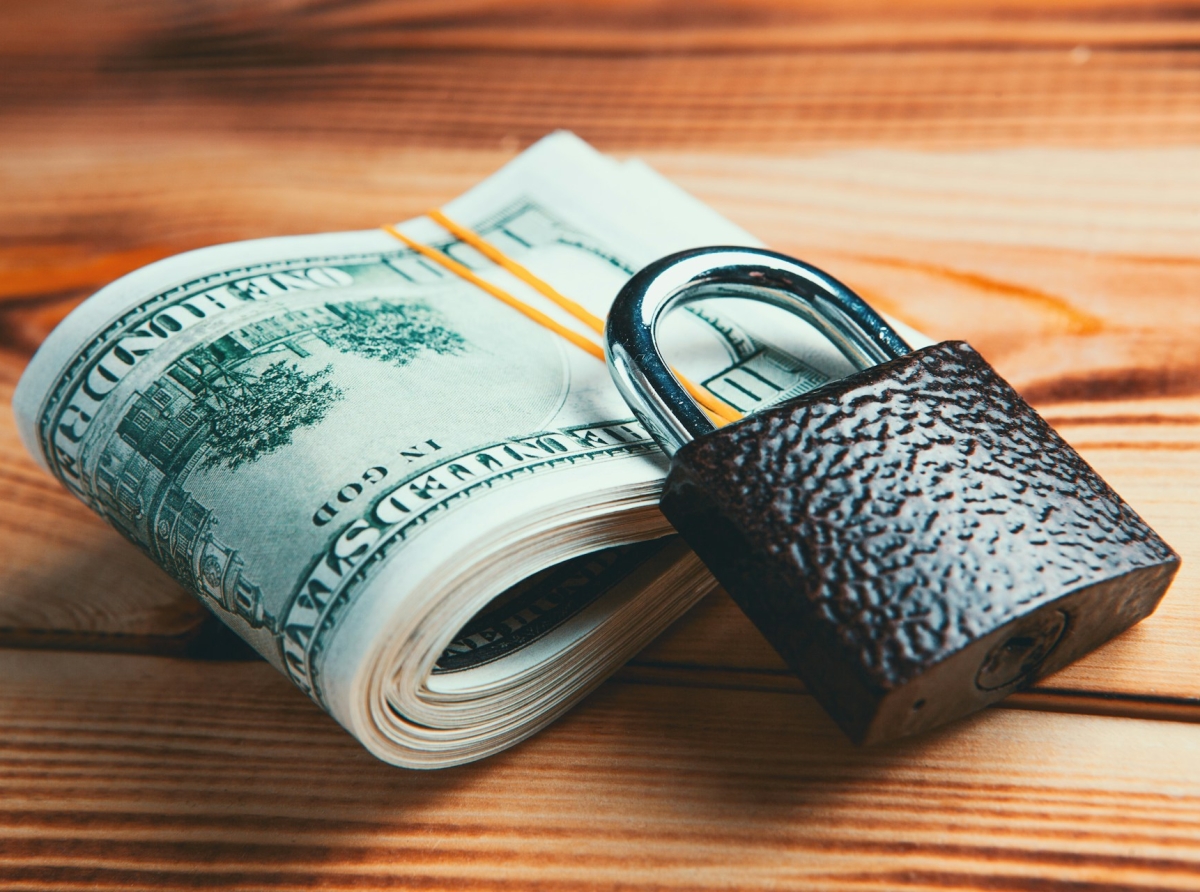Safeguarding Customer Data with Trusted Payment Gateways

Safeguarding Customer Data with Trusted Payment Gateways
In today’s digital-first economy, the protection of customer data has become a top priority for businesses across industries.
With online transactions on the rise, payment gateways play a critical role in ensuring the security and integrity of sensitive financial information.
From credit card details to personal identification data, every piece of information exchanged during a transaction must be safeguarded against cyber threats. In this article, we explore how reliable payment gateways help protect customer data, build trust, and ensure compliance with global security standards.
With online transactions on the rise, payment gateways play a critical role in ensuring the security and integrity of sensitive financial information.
From credit card details to personal identification data, every piece of information exchanged during a transaction must be safeguarded against cyber threats. In this article, we explore how reliable payment gateways help protect customer data, build trust, and ensure compliance with global security standards.

Safeguarding Customer Data with Trusted Payment Gateways
The Growing Importance of Data Security in Payments
As more consumers shift to online shopping, banking, and trading, the volume of digital transactions has skyrocketed. While this trend offers convenience and accessibility, it also creates opportunities for cybercriminals to exploit vulnerabilities in payment systems. Data breaches, identity theft, and unauthorized access to financial information are real risks that can harm both businesses and their customers.For businesses, a single security incident can result in:
Loss of customer trust.
Legal liabilities and regulatory fines.
Damage to brand reputation.
This is where secure payment gateways come into play. By implementing robust encryption, fraud detection, and compliance measures, payment gateways act as the first line of defense against cyber threats.
What Are Payment Gateways?
A payment gateway is a technology that facilitates online transactions by securely transmitting payment information between customers, merchants, and financial institutions. It serves as an intermediary that ensures sensitive data—such as credit card numbers, bank account details, and personal information—is protected during transmission.Modern payment gateways offer advanced features like tokenization, multi-factor authentication, and real-time fraud monitoring. These tools not only enhance security but also streamline the payment process, providing a seamless experience for both businesses and customers.
How Payment Gateways Protect Customer Data
1. Encryption: Securing Data in TransitOne of the most fundamental ways payment gateways protect customer data is through encryption. Encryption converts sensitive information into unreadable code during transmission, making it virtually impossible for hackers to intercept and decipher the data.
Payment gateways use industry-standard encryption protocols such as SSL (Secure Socket Layer) or TLS (Transport Layer Security) to safeguard data. These protocols ensure that all communication between the customer’s device, the merchant’s website, and the payment processor remains secure.
2. Tokenization: Masking Sensitive Information
Tokenization is another powerful tool used by payment gateways to enhance security. Instead of storing actual credit card numbers or bank details, tokenization replaces sensitive data with unique identifiers called “tokens.” These tokens are meaningless to hackers, even if intercepted, as they cannot be reverse-engineered to reveal the original information.
By adopting tokenization, businesses reduce the risk of data breaches while maintaining the ability to process recurring payments or refunds without exposing sensitive customer data.
3. Fraud Detection and Prevention
Fraudulent activities, such as unauthorized transactions or identity theft, pose significant risks to both businesses and customers. Reliable payment gateways incorporate advanced fraud detection mechanisms, including:
Real-time transaction monitoring.
Machine learning algorithms to identify suspicious patterns.
Address Verification Systems (AVS) and Card Verification Value (CVV) checks.
These features help flag potentially fraudulent transactions before they are processed, protecting businesses from chargebacks and ensuring customer peace of mind.
4. Compliance with Global Security Standards
To operate in the financial ecosystem, payment gateways must comply with stringent security standards set by regulatory bodies. One of the most widely recognized frameworks is the Payment Card Industry Data Security Standard (PCI DSS) , which outlines requirements for handling cardholder data securely.
By partnering with PCI-compliant payment gateways, businesses can ensure that their systems meet these rigorous standards, reducing the risk of non-compliance penalties and enhancing customer trust.
Benefits of Using Secure Payment Gateways
1. Building Customer TrustCustomers are more likely to engage with businesses that prioritize data security. When shoppers see trusted payment gateway logos (e.g., PayPal, Stripe, Square) or SSL certificates on a website, they feel reassured that their information is safe. This trust translates into higher conversion rates and repeat business.
2. Reducing Liability
In the event of a data breach, businesses using secure payment gateways are better protected from liability. Since the gateway provider handles sensitive data, merchants are less exposed to direct risks associated with storing or processing payment information.
3. Enhancing User Experience
Secure payment gateways don’t just protect data—they also improve the overall user experience. Features like one-click payments, saved payment methods, and seamless checkout processes make transactions faster and more convenient for customers.
4. Supporting Global Expansion
For businesses looking to expand internationally, secure payment gateways enable cross-border transactions while adhering to local regulations. Multi-currency support, localized payment methods, and compliance with regional laws ensure smooth operations across different markets.
Key Features of Reliable Payment Gateways
When selecting a payment gateway, businesses should look for the following features to ensure maximum security:1. End-to-End Encryption
Ensure the gateway encrypts data throughout the entire transaction process—from input to settlement.
2. Tokenization Support
Choose a provider that uses tokenization to mask sensitive customer information.
3. Real-Time Fraud Monitoring
Opt for gateways with built-in fraud detection tools to prevent unauthorized transactions.
4. PCI DSS Compliance
Verify that the gateway meets PCI DSS requirements to guarantee adherence to global security standards.
5. Scalability and Flexibility
Select a solution that grows with your business, supporting additional features and higher transaction volumes as needed.
6. 24/7 Customer Support
In case of technical issues or security concerns, responsive customer support is essential for resolving problems quickly.
Best Practices for Businesses Using Payment Gateways
While payment gateways provide robust security features, businesses must also take proactive steps to protect customer data. Here are some best practices:1. Educate Employees
Train staff on cybersecurity best practices, such as recognizing phishing attempts and securing login credentials.
2. Use Strong Authentication
Implement multi-factor authentication (MFA) to add an extra layer of security for accessing payment systems.
3. Regularly Update Software
Keep all systems, plugins, and applications up to date to patch vulnerabilities and protect against emerging threats.
4. Monitor Transactions Closely
Regularly review transaction logs and reports to detect any unusual activity or discrepancies.
5. Backup Data Frequently
Maintain regular backups of critical business data to mitigate the impact of potential breaches or system failures.
Real-World Examples of Payment Gateway Security
Example 1: Preventing Data Breaches
A major e-commerce retailer partnered with a PCI-compliant payment gateway to handle millions of transactions annually. When a cyberattack targeted the retailer’s website, the encrypted data stored by the gateway remained secure, preventing a massive data breach and saving the company from reputational damage.
Example 2: Streamlining Compliance
An international Forex broker adopted a tokenization-enabled payment gateway to simplify PCI DSS compliance. By eliminating the need to store sensitive customer data internally, the broker reduced its exposure to regulatory risks and improved operational efficiency.
Conclusion
In an era where data breaches and cyberattacks are increasingly common, protecting customer information is not just a legal obligation—it’s a moral imperative. Reliable payment gateways serve as a cornerstone of data security, offering advanced encryption, tokenization, fraud detection, and compliance features that safeguard sensitive information.By partnering with trusted payment gateway providers and adopting best practices, businesses can build trust, enhance customer satisfaction, and ensure long-term success in the digital marketplace. Remember, the security of your customers’ data reflects the integrity of your brand. Investing in robust payment solutions is an investment in your business’s future.









Report
My comments